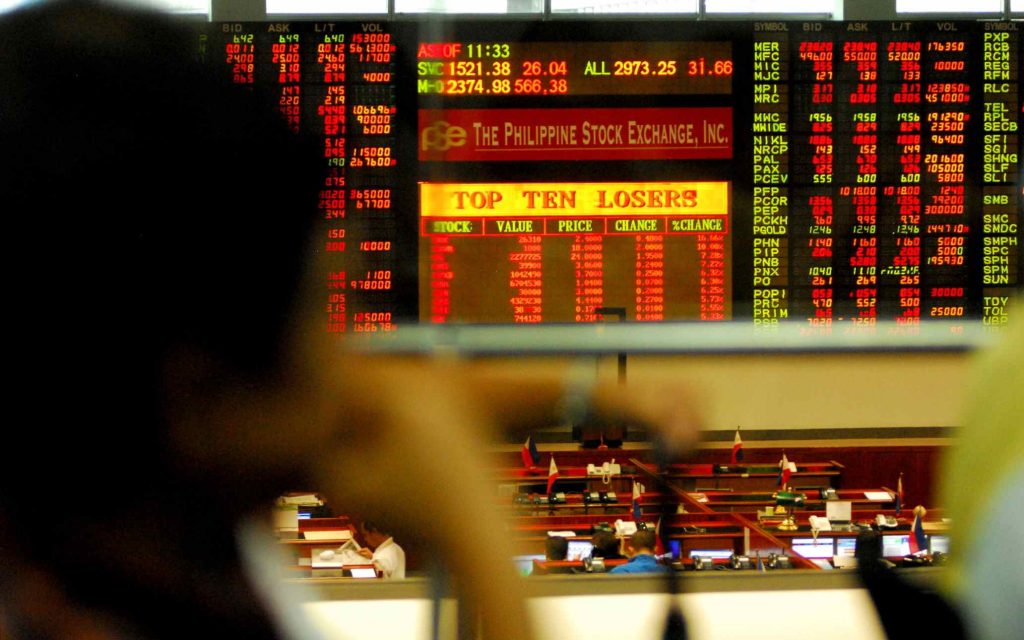MANILA – More foreign funds entered the Philippines in November as investors drew optimism from tax reform progress in Congress as well as increased interest following the Association of Southeast Asian Nations (ASEAN) summit here, the central bank said.
Foreign portfolio investments logged a $107.71-million net inflow last month, a turnaround from $563.42 million in net outbound funds recorded in October as well as outflows worth $607.31 million a year ago, data from the Bangko Sentral ng Pilipinas (BSP) showed.
These flighty investments are often called “hot money” as these enter and leave the country with ease.
Investors from abroad grew confident about placing their bets on the Philippines last month, owing to the country’s trouble-free hosting of the 31st ASEAN Summit and related meetings on Nov. 13-15 as well as the Senate’s approval that month of the first of up to five planned tax reform packages, the BSP said in a statement sent over the weekend.
The first tax reform package was ratified by both chambers of Congress on Dec. 13 and now awaits signing into law by President Rodrigo R. Duterte, in time for implementation next month.
The central bank also credited generally positive third-quarter corporate earnings reported by locally listed companies for the “positive investor reaction.”
International players placed a total of $1.129 billion in investments in the Philippines, which was slightly offset by $1.021 billion in funds withdrawn the same month.
This compares to $1.19 billion in gross inbound flows a year ago that were cancelled out by $1.797-billion funds that fled the economy.
Around 80.8% of hot money went to shares of publicly listed companies. These transactions resulted in a $105-million net outflow. Favored were stocks of holding firms; banks; food, beverage and tobacco companies; property firms; and utilities, the central bank said.
On the other hand, a fifth of investments went to government-issued peso-denominated debt papers, which yielded a $213-million net inflow. Placements in other peso-denominated debt securities, however, resulted in a net outflow of under $1 million.
The United States, the United Kingdom, Singapore, Norway and Luxembourg were the biggest sources of foreign investments that month.
About 90.3% of outbound flows in November headed for the US.
Despite November’s turnaround, the year-to-date hot money tally remained at a net outflow of $634.53 million. That, in turn, was a reversal from the $672.73-million net inflow seen in 2016’s comparable 11 months.
The BSP now expects foreign portfolio investments to reach a $2.5-billion net outflow for the entire year following its latest review. This would be a significant turnaround from the $404.43-million in 2016 net inflows.
Concerns over interest rate hikes from the US Federal Reserve, global terrorist attacks and North Korea’s nuclear missile testing continued to hound investor sentiment, adding to uncertainty in the Philippine mining industry after several sites were ordered closed by the government earlier this year.
The Fed introduced 2017’s third rate hike at the end of its Dec. 12-13 policy review, and kept plans for three additional rate increases in 2018 and 2019.
BSP officials said this latest US interest rate adjustment could lead to some volatility in the financial markets, but maintained that local policy need not match the Fed’s tightening just yet.

